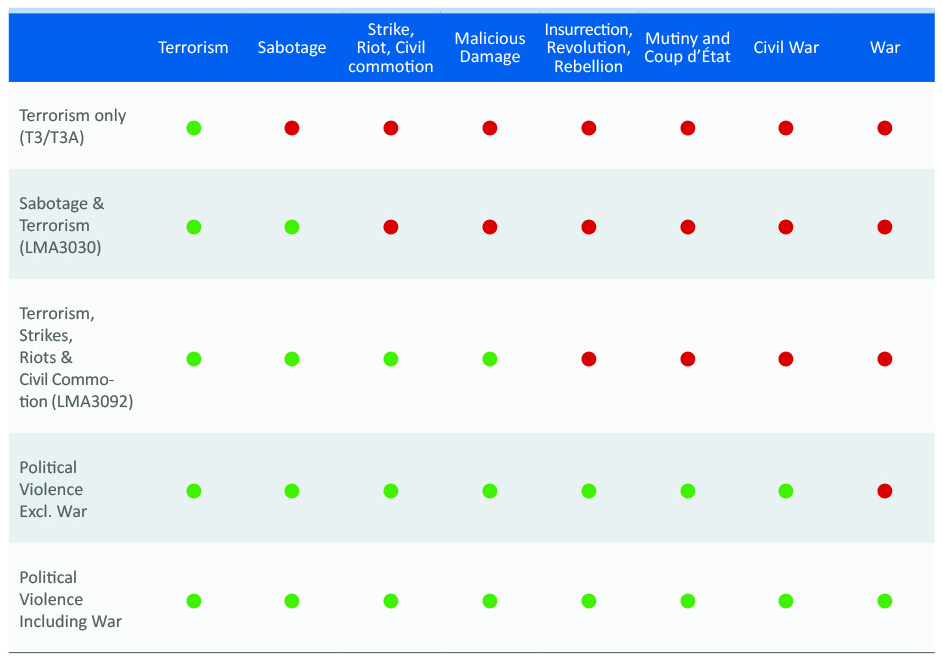Overall insurance capacity on the local market remains rather low. Since beginning of this year, there is no more cover for SRCC, terrorism and sabotage available.
At the day of the outbreak of war in Ukraine, February 24th, 2022, the Ukrainian government introduced martial law in the country, which meant among other stipulations that money transfers were limited to a very small number of transactions. The intention behind this was to create the list of services and products for critical import need only and protect Ukrainian currency against speculation and depreciation. The international payments from Ukraine were stopped, which lead to the substantial decrease of the local insurance capacities.
Within 2022 the list of critical import was reviewed and expanded and now, the National Bank of Ukraine (NBU) has revised this policy by a decision of February 14th, 2023, to allow money transfers in the financial sector.
Each local insurer has to apply anew for the authorization of premium and claim payment transfers; the insurer will then be listed as authorized company by NBU.
Authorization will be granted to insurers which did not violate the strict money transfer and special economic sanction regime valid since the beginning of the war. Insurance companies in Ukraine have to show in full transparency their ownership structure, solvency standards, capital adequacy and risk operations and they have to prove the good business reputation as a company and that of their owners and managers. Money transfer will be possible to non-resident reinsurers with a rating level not lower than “A3” (Moody’s), “A-” (Standard & Poor’s), “A-” (Fitch Ratings), “A-” (A.M. Best).
It cannot be said, however, that these new transfer possibilities lead to a renewed interest of “Western” insurers and reinsurers to offer capacity for Ukrainian risks. Existing reinsurance treaties will be honored and the support for local insurers will be given to a certain extent, but market opinions indicate that “Western” reinsurance markets will still be reluctant to engage themselves in Ukraine due to the open war situation.
Ukrainian insurance market data from 3rd Quarter 2022, the newest ones available, show a 21.4 % decline in Non-Life insurance and a 13.85 % decline in Life, leading to an overall premium volume in the first three quarters of last year of UAH 25 billion (EUR 625 million).
Overall insurance capacity on the local market remains rather low. Since beginning of this year, there is no more cover for SRCC, terrorism and sabotage available.
We shall keep you informed regularly on any new development on this market.
The article is written by Andreas Krebs and Tetyana Mieshkova.

Paul Spittau
Head of Group Carrier Relations & Insurance Mediation
T +43 664 537 17 42

Tetyana Mieshkova
GrECo / MAI Ukraine
Related articles
Sustainable Construction Articles Series
We invited stakeholders along the value chain to shed light on their strategies, new success models, opportunities and risks in the fight against climate change as part of a mini-series on the topic of “sustainable construction”.
Is Water Scarcity Dangerous for the European Food Industry?
The risk of water scarcity is one of the key considerations in the risk management and ESG policies of food and agriculture companies. But where there’s acute risks, there are huge opportunities for change: Water scarcity concerns are driving innovation in the food industry and with members of the…
What decision-makers need to consider when it comes to ESG
Future-oriented action strengthens strategic resilience.
















